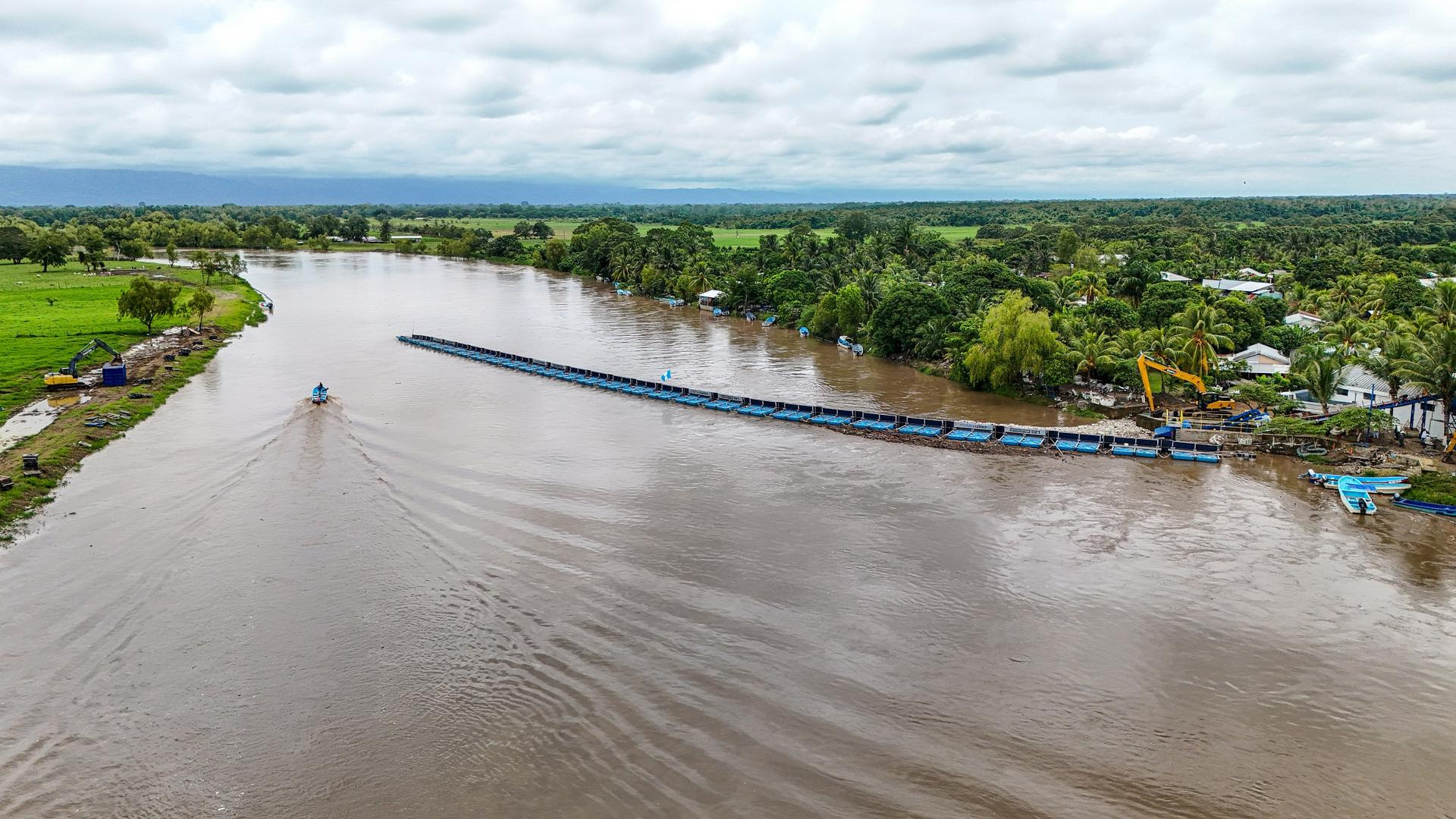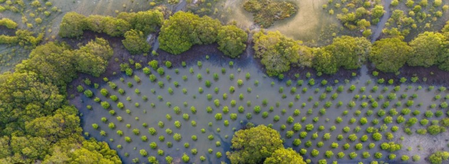The Ocean Cleanup, a leading international non-profit organisation, announced its ambitious new initiative, the 30 Cities Program, aimed at eliminating up to one-third of ocean-bound plastic pollution by the end of the decade.
The initiative announced at the ongoing Ocean Conference in Nice, the game-changing expansion targets major plastic-emitting rivers in 30 key coastal cities across Asia and the Americas using Interceptor technology, a proven solution developed by the group to extract trash before it reaches the ocean.
According to Boyan Slat, Founder and CEO of The Ocean Cleanup, the strategy represents a significant shift in scale. “When we take on an entire city, instead of individual rivers, we can scale faster, reduce costs, and maximize impact,” he said.
Already, cities like Panama City and Mumbai are set for deployments, with others such as Manila, Jakarta, Kuala Lumpur, Bangkok, Montego Bay, and Los Angeles in advanced planning stages. The initiative builds on five years of research and deployment in 20 of the world’s most polluted rivers.
Nigeria’s Relevance and the African Context
Though no African city has yet been named, Nigeria home to key polluted rivers like the Ogun and Niger could benefit immensely from such an intervention.
With plastic pollution choking Lagos canals and threatening aquatic life in the Niger Delta, environmentalists in the country see potential for inclusion in future rollouts.
“The Ocean Cleanup’s citywide approach is a model we should push for in Lagos or Port Harcourt, where plastic waste not only pollutes our water but impacts fisheries and human health,” said Adeola Akinyemi, an environmental scientist based in Abuja.
Smart Tech Meets Environmental Restoration
Before any deployment, each city undergoes a thorough analysis using drones, AI image recognition, and GPS-tagged dummy plastics to track waste flow. This data guides the placement of the Interceptors and measures real-time progress.
Additionally, the project integrates coastal cleanups, particularly targeting mangroves, reefs, and fish nursery habitats areas vital to livelihoods in coastal communities like those in the Niger Delta.
The Ocean Cleanup has already removed 29 million kilograms of plastic waste globally and now intercepts 1–3% of all river-borne plastic. Its 30 Cities Program is projected to be a pivotal leap toward achieving a 90% reduction in ocean plastic pollution.
A Global Model with Local Implications
As planning and fundraising intensify for this next phase, The Ocean Cleanup is expanding its engineering and operations teams to manage demand.
While efforts to extract plastics from the Great Pacific Garbage Patch continue with advanced mapping technologies, Slat reiterates the organization’s commitment to tackling the problem from all fronts, “turning off the tap while mopping up the mess.”
For Nigeria and other developing nations facing similar environmental challenges, the 30 Cities Program could become a blueprint for reversing plastic pollution if partnerships with local governments and civil society organisations are forged.
Environmental advocates across Africa are now urging national actors to engage with The Ocean Cleanup and explore how Nigerian cities can be included in the initiative.
By Dare Akogun





